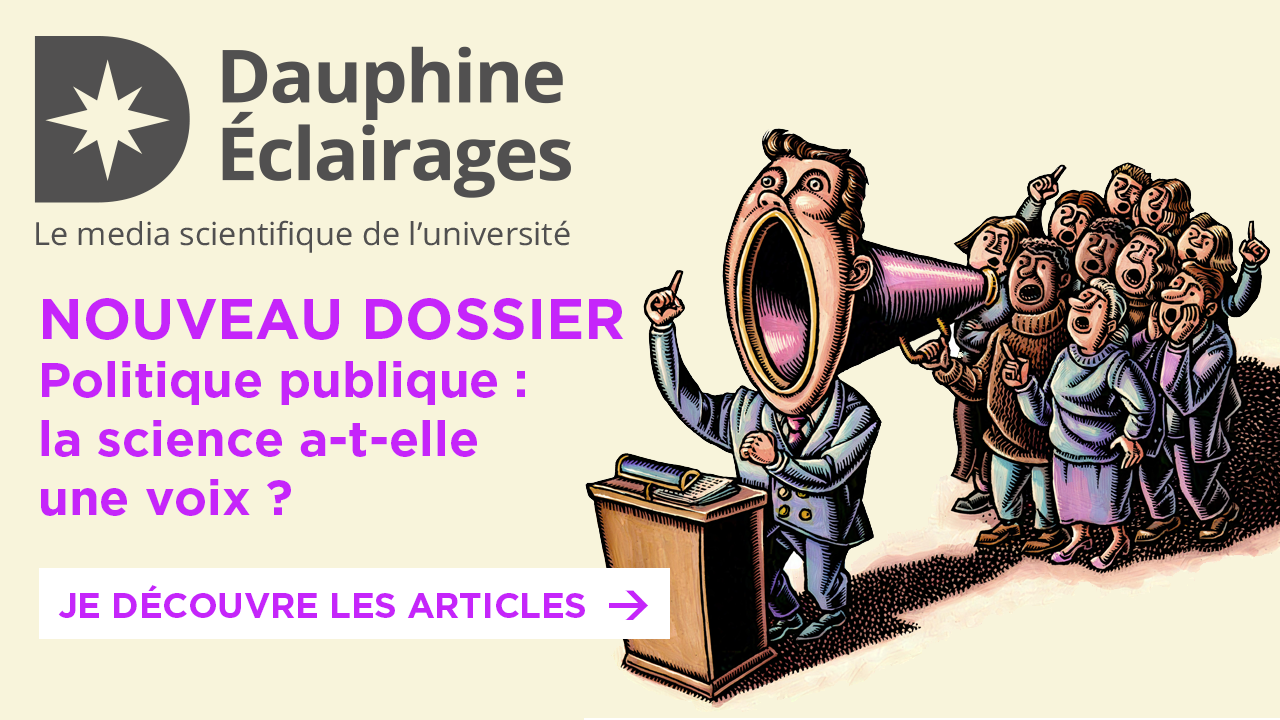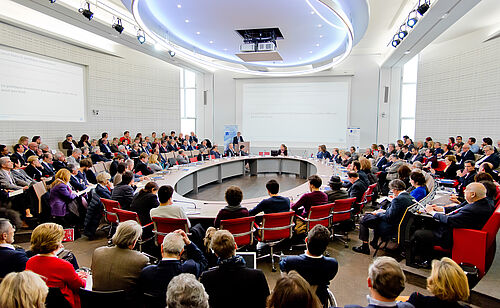Which paths to achieve fairness in algorithmic decisions?

The workshop will be multidisciplinary, with a focus on the intersection and cross-fertilization of computer science, law, and policy analysis. It will address the question of how to regulate algorithmic decisions, through hard law or soft law. It will also address the possibilities and obstacles to complementarity between computer science and legal approaches to fairness. Finally, the workshop will aim to shed light on the policy issues surrounding explicable, transparent and accountable algorithms.
Program
Introductory topic - december 9, 3pm-3:30pm (CET)
Fairness as challenge for computer science and law
By : Jamal ATIF, Virginie DO, Thierry KIRAT, Antoine LOUVARIS, Olivia TAMBOU, Alexis TSOUKIAS (Université Paris-Dauphine-PSL)
Session # 1 - december 9, 3:30pm-5:30pm (CET)
Legal Governance of Algorithms: hard law or soft law?
Chair : Antoine Louvaris, CR2D, Université Paris Dauphine-PSL
Discutant : Thierry Kirat, IRISSO, Université Paris Dauphine-PSL
- Raja CHATILA, Sorbonne Université: The Path to Trustworthy AI Systems: Principles, Requirements, Standards and Governance
- Philippe DAMBLY, Université de Liège: Artificial Intelligence, Law and Ethics in the European Union
- Karine GENTELET, Abeona-ENS-OBVIA Chair & Université du Québec en Ouataouais: Human Rights: Pilar of AI Regulation(s)
Session# 2 – december 9, 5:30pm-7:30pm (CET)
Metrics of fairness : legal and/or technical issue ?
Chair : Thierry Kirat, IRISSO, Université Paris Dauphine-PSL,
Discutant : Jamal Atif, LAMSADE, Université Paris Dauphine-PSL
- Alice XIANG, AI Ethics Lead, Sony AI: Reconciling Legal and Technical Approaches to Algorithmic Bias
- Solon BAROCAS, NYC lab of Microsoft Research & Cornell University: Explanations in Whose Interests?
- Aurélien GARIVIER, École Normale Supérieure de Lyon, UMPA: How to include fairness into the machine learning models?
Session # 3 – december 10, 10am-12am (CET)
Explicability, transparency, accountability : constraints and possibilities for public policy
Chair: Alexis Tsoukias, LAMSADE, Université Paris Dauphine-PSL
Discutant: Olivia Tambou, CR2D, Université Paris Dauphine-PSL
- Doaa Abu ELYOUNES, Harvard Law School, Berkman Klein Center for Internet and Society: “Computer says no!”: The Impact of Automation on the Discretionary Power of Public Officers
- Lilian EDWARDS, Newcastle University Law School: Getting a Global Regulatory Model for AI Right
- Thierry TUOT, Conseil d’État: From Lost illusions to Time regained : in search of real user’s rights
Informations Pratiques
Dates :
Du jeudi 9 décembre 2021
à 15h00
au vendredi 10 décembre 2021
à 12h00
Lieu : Online

